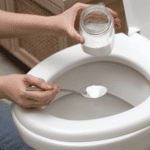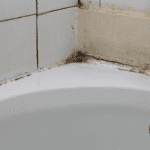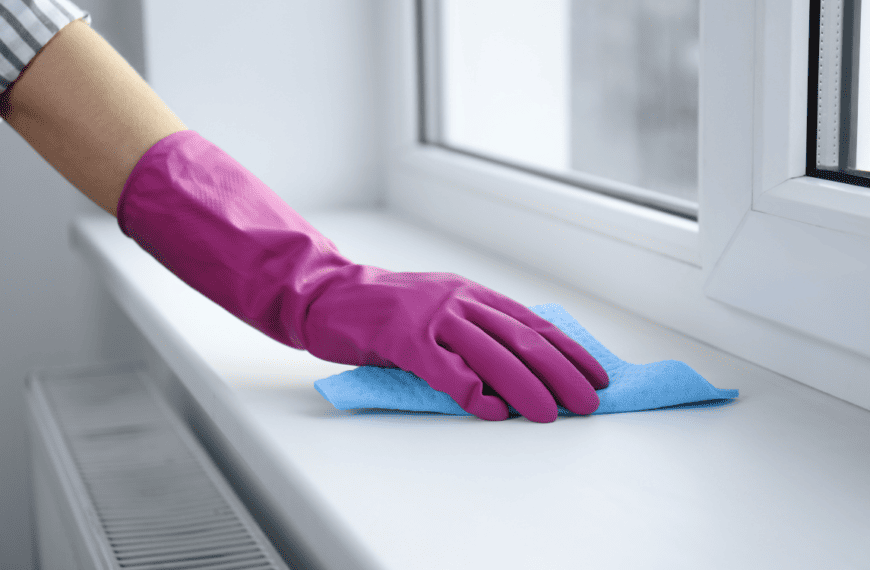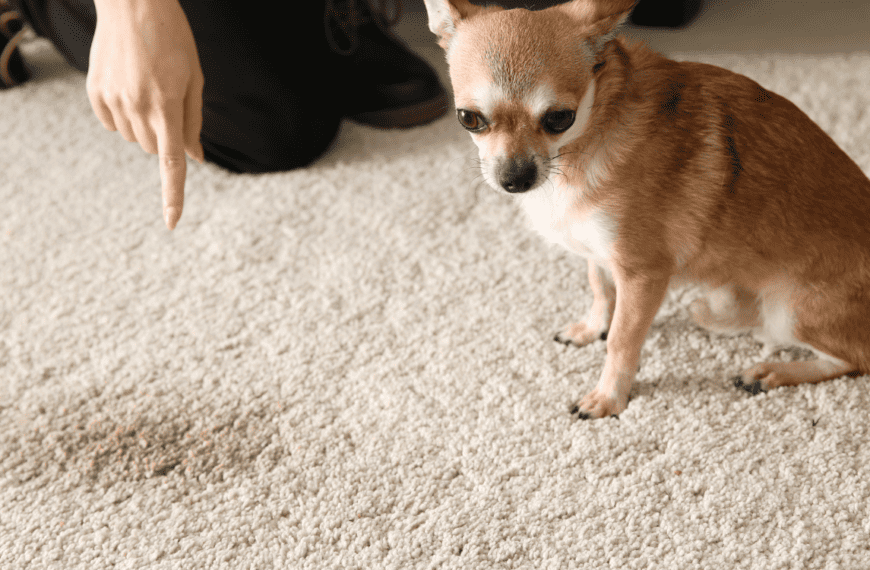A lot has changed over the past couple of years in how we view cleaning. Cleaning is necessary for maintaining a healthy and safe home, but it’s now popular to use cleaning as a way to practice mindfulness.
Marie Kondo published her tidying guide in 2010 and taught millions of people strategies for decluttering that aren’t as scary as we all once thought. Now, people are more likely to find some joy in cleaning and decluttering.
However, this cultural shift isn’t so easy for everyone. In our guide, we’ll discuss the basics of mindful cleaning and how you can implement strategies to change the way that you think about your least favorite chores.
What is mindfulness?
You’ve probably heard the word mindfulness often, but do you really know what it means? Mindfulness and meditation are talked about together and have the same goal of supporting mental wellbeing. But they’re two different strategies to meet that goal.
While each strategy looks different across cultures, the basic thought behind meditation is that you’re trying to completely clear your mind. With mindfulness, you try to focus on just one thing.
Meditation and mindfulness are popular tools throughout the world to relieve stress. Research supports these benefits and shows that mindfulness improves many areas of emotional and mental health.
How can I learn to enjoy cleaning?
Integrating mindfulness practices into your cleaning routine is one way that you can motivate yourself to tidy up. Not only will you benefit from a clean and clear space, but you’ll also benefit from mindfulness’ positive psychological effects.
When it comes to mindfulness, practice makes perfect. Many people struggle at first, but begin to enjoy it after a couple of sessions as it helps bring them peace. Cleaning mindfully is the same concept — once you get into a routine, you can start to genuinely enjoy your chores.
What are some strategies for cleaning mindfully?
So, how can you begin your new cleaning routine? Here are some top tips to transform your relationship with cleaning.
- Begin with your favorite chore. The hardest part about cleaning is getting yourself started. Begin your cleaning routine with a chore that you don’t mind doing to get yourself in a positive, tidying mindset. Starting off with tasks that you like helps you build motivation for the tougher tasks on your to-do list.
- Rotate cleaning tasks. Once you have a rhythm going, rotate between tasks that you like and dislike. Many people find it difficult to finish cleaning after doing something they dislike, so lining up a positive task after a negative one helps you get into your cleaning rhythm.
- Make mindfulness work for you. Not everyone can sit in silence and focus on the task at hand. Especially if you’re new to mindful cleaning, there’s nothing wrong with doing things your way. If it helps, put on some music, a podcast, or an audiobook while you wash dishes or vacuum. In the end, if some music is what makes mindful cleaning work for you, that’s okay! What matters is that you’re getting your tasks done and you feel accomplished afterward.
- Reward yourself when the work is done. This tip is especially helpful if you feel like you’ve tried everything and still hate cleaning. Cozying up in your decluttered living room, or taking a bubble bath in your freshly-cleaned bathroom gives you an instant reward for your hard work.
Is decluttering good for me?
We often think of decluttering as a process that’s different from cleaning. Both tasks are important for maintaining a home and keeping organized. A study by Angi found that clutter is the top stress-causing mess for Americans.
This isn’t hard to imagine — think about how much better you feel after putting away your laundry versus when it’s sitting unfolded on your bed. Decluttering your home reduces the stress that you feel and makes your daily life easier, as you’ll know what items you have and where they are located.
How can I motivate myself to clean?
Many people find simpler upkeep tasks, such as wiping down surfaces, easier than the necessary deep cleaning, such as maintaining a bathroom. Instead of tackling these more in-depth cleaning tasks every once in a while, make a schedule so that you can break them up throughout the week.
It’s a lot less intimidating to just clean your toilet and be done for the day compared to scrubbing the whole bathroom top-to-bottom.
You don’t need to clean alone
Sometimes, it’s just hard to find the time to clean. Especially if cleaning causes you more stress than it resolves, it’s hard to change habits. No matter what your reasoning is, there’s nothing wrong with asking for help.
House cleaning services can be hired for regular upkeep, or on an as-needed basis for special events. Sometimes you just don’t have the time to dust all your surfaces and that’s okay! Everyone is doing what they can and professional services are here to help.
You can even hire a service just to execute your least favorite tasks. If you don’t mind kitchen upkeep but dread vacuuming, consider asking for some special attention on your least-favorite tasks when booking your housekeeper.
If you’re looking for ways to get your family to help out with cleaning, consider a chore chart. Your kids might have some complaints, but make sure the adults are on the chart too to keep things fair.
Chore charts keep your family organized and ensure that the entire family is helping out to maintain your home.
Are you convinced yet that it’s time to give mindful cleaning a try? We hope that these tips and information about mindfulness help you prepare for changing your cleaning mindset. In the meantime, if you need some help to jump-start a cleaning routine, talk to an Anita’s agent or request an online booking with a local house cleaning or maid service professional.









